Open internet and inclusive technology
Filter resources
-
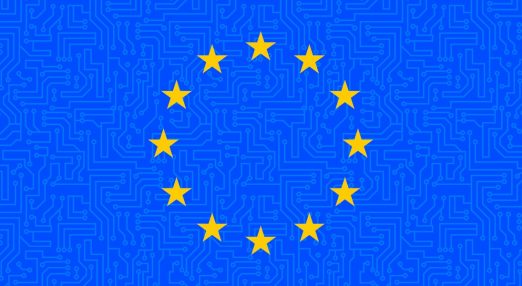
Big Tech’s dominance: only laws can limit its power
Big Tech companies like Facebook have grown so large that the U.S. antitrust authority F.T.C. is considering breaking them up. We need laws that limit the power tech firms wields over our lives.
Read more
-
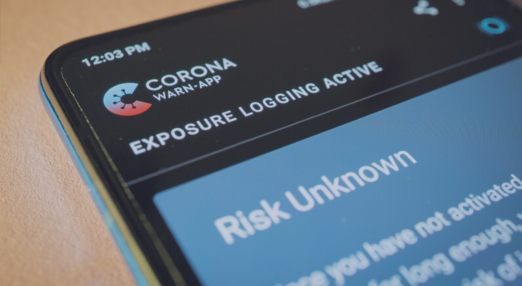
German Corona tracing app available without Google services
A handful of Free Software developers today achieved what official bodies have been missing for months: They have made available the German Corona Warn App for tracing Covid-19 risk contacts in a version that is completely free of dependencies on Google and available in F-Droid, the Free Software app store.
Read more
-

EDRi-gram, 9 December 2020
In this final 2020 edition of the EDRi-gram, our wish is to start 2021 with more energy, momentum and resources to protect our rights and freedoms online. Would you consider donating to help make that happen?
Read more
-
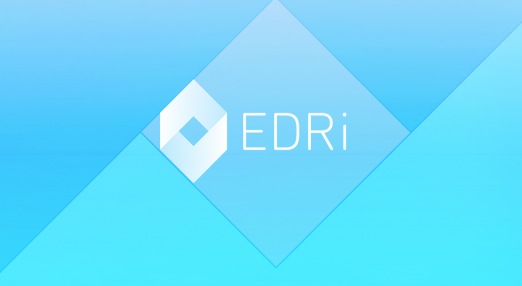
Looking back at digital rights in the era of a surveillance pandemic
2020 started as a year to build momentum to tackle various digital rights issues, including mass surveillance and freedom of expression online. Needless to say, the global pandemic disrupted not only these efforts but also our health, personal relations, basic survival needs and ways to organise around human rights. After 9 months of living and working in a pandemic, we look back at what we achieved and the ways forward from here.
Read more
-
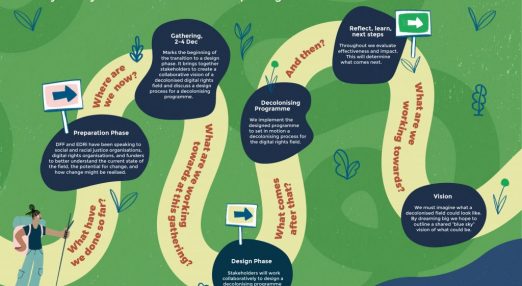
Envisioning a Decolonised Digital Rights Field – and Charting Next Steps
This week, a group of 30 participants, working on issues of racial, social and economic justice, digital rights, and in philanthropy, came together to not only collectively imagine just that, but also to identify the building blocks for a process that might help us get there.
Read more
-
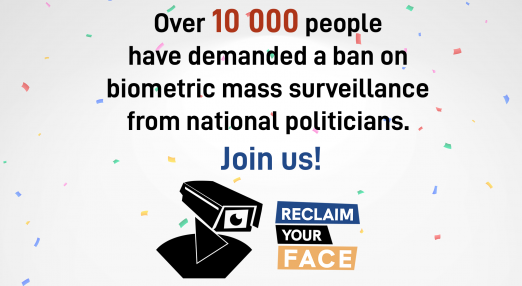
EDRi-gram, 25 November 2020
On 12 November 2020, 12 organisations from across the EDRi network launched the first ever pan-European civil society movement against biometric mass surveillance: Reclaim Your Face. Over 10 000 people signed the petition so far. Join us!
Read more
-

How (not) to set up a public warning system
What is the best way to alert people about catastrophes? Germany went with proprietary apps which caused the recent warning day ("Warntag") to become an official failure. EDRi member Free Software Foundation Europe (FSFE) analysed the situation and found more robust solutions that respect user rights.
Read more
-
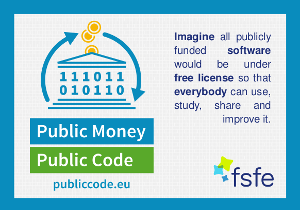
EU Open Source Policy: good analysis, missing concrete next steps
EDRi's member, Free Software Foundation Europe (FSFE), calls upon the Commission to present and implement concrete measures and activities in the coming weeks and months, regarding its Open Source Strategy.
Read more
-

How can “interoperability” strengthen our choices and privacy online?
Brussels is moving into high gear on internet regulation, as the text of the much-anticipated Digital Services Act (now with an additional Digital Markets Act) is due to be published by the European Commission on 2 December.
Read more
-
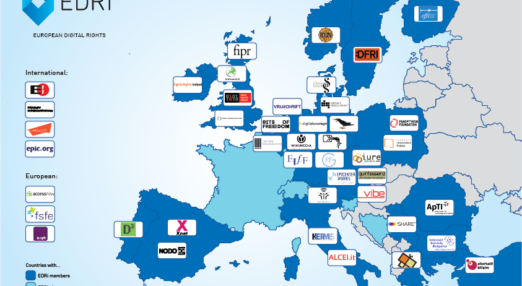
Member in the Spotlight series
“EDRi Member in the Spotlight” is a series in which our members introduce themselves and their work in an in-depth interview format.
Read more
-

People, not experiments: why cities must end biometric surveillance
We debated the use of facial recognition in cities with the policy makers and law enforcement officials who actually use it. The discussion got to the heart of EDRi’s warnings that biometric surveillance puts limits on everyone’s rights and freedoms, amplifies discrimination, and treats all of us as experimental test subjects. This techno-driven democratic vacuum must be stopped.
Read more
-
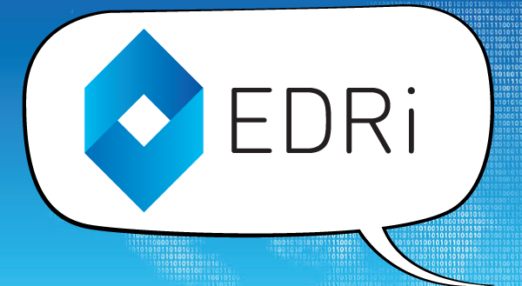
The new and improved EDRi-gram
The EDRi-gram that you know and love has received a facelift! Welcome to EDRi-gram 2.0. We know that change can be hard but we hope that you are as excited as we are to take the newsletter and EDRi’s efforts to the next level.
Read more
